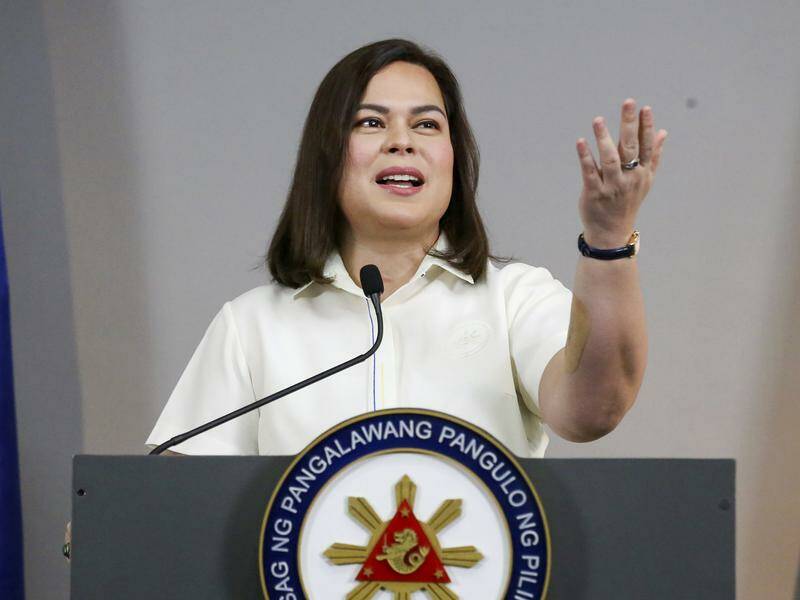
The Supreme Court of the Philippines has dismissed an impeachment complaint against Vice President Sara Duterte, declaring it unconstitutional. This ruling, announced recently, follows allegations made against her in February by the lower house of Congress. The accusations included misuse of public funds, amassing unusual wealth, and threats against President Ferdinand Marcos Jr., the First Lady, and the House Speaker.
The court clarified that its decision does not absolve Duterte of the allegations but may significantly enhance her political prospects. As a prominent figure in Philippine politics, she is viewed as a strong contender for the 2028 presidential election. Marcos, currently unable to run for re-election due to a single-term limit, could see Duterte’s aspirations thwarted had the impeachment trial led to a conviction, which would have precluded her from holding office for life.
Duterte has publicly stated that the impeachment effort stemmed from a political feud with Marcos. In a statement from her legal team, they emphasized, “This unanimous decision has once again upheld the rule of law and reinforced the constitutional limits against abuse of the impeachment process.”
The Supreme Court’s ruling arose from a unanimous agreement that Congress violated constitutional protections against multiple impeachment proceedings for the same official within one year. More than 200 members of the lower house had endorsed this fourth complaint after three previous complaints did not advance. Supreme Court spokesperson Camille Ting explained, “The articles of impeachment, which was the fourth complaint, violated the one-year period ban because there were three complaints that came ahead of it.” Consequently, the court determined that the Senate did not possess the authority to convene an impeachment tribunal.
President Marcos has distanced himself from the impeachment process, stating that the executive branch of the government cannot intervene in legislative matters. His office affirmed the importance of respecting the court’s decision. A spokesperson for the Senate reiterated the upper chamber’s obligation to honor the ruling, while members of the House prosecution panel did not immediately comment. However, a spokesperson from the lower house noted that their duty “to uphold truth and accountability does not end here.”
The Supreme Court indicated that a new complaint against Duterte could be filed once the one-year ban expires. As the political landscape evolves, the implications of this ruling will likely ripple through the upcoming electoral cycles, shaping the future of the Philippine leadership.





